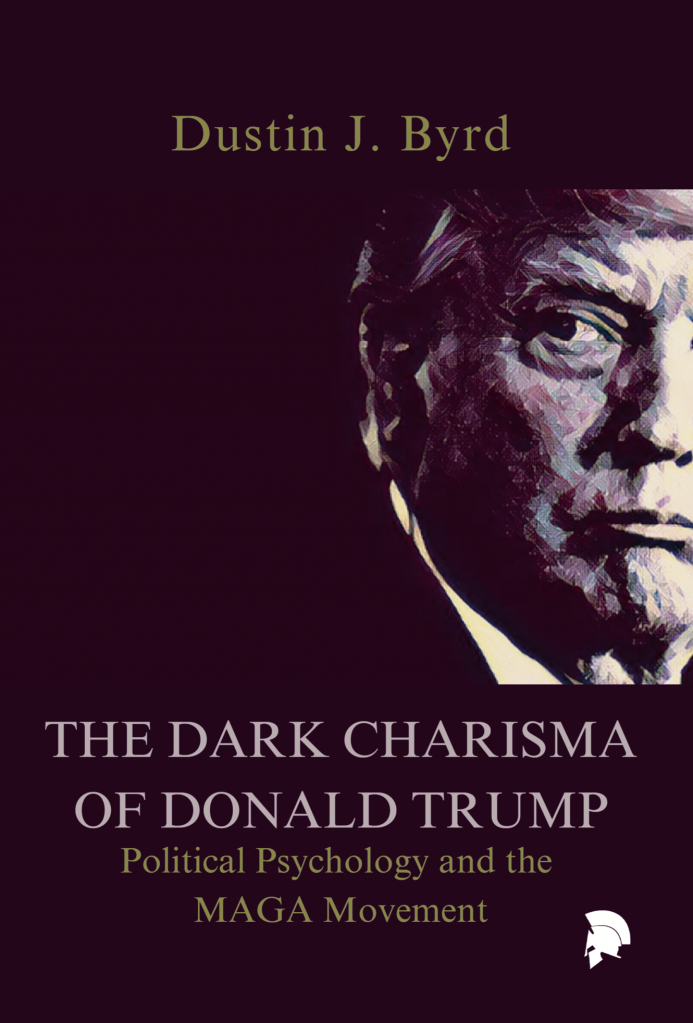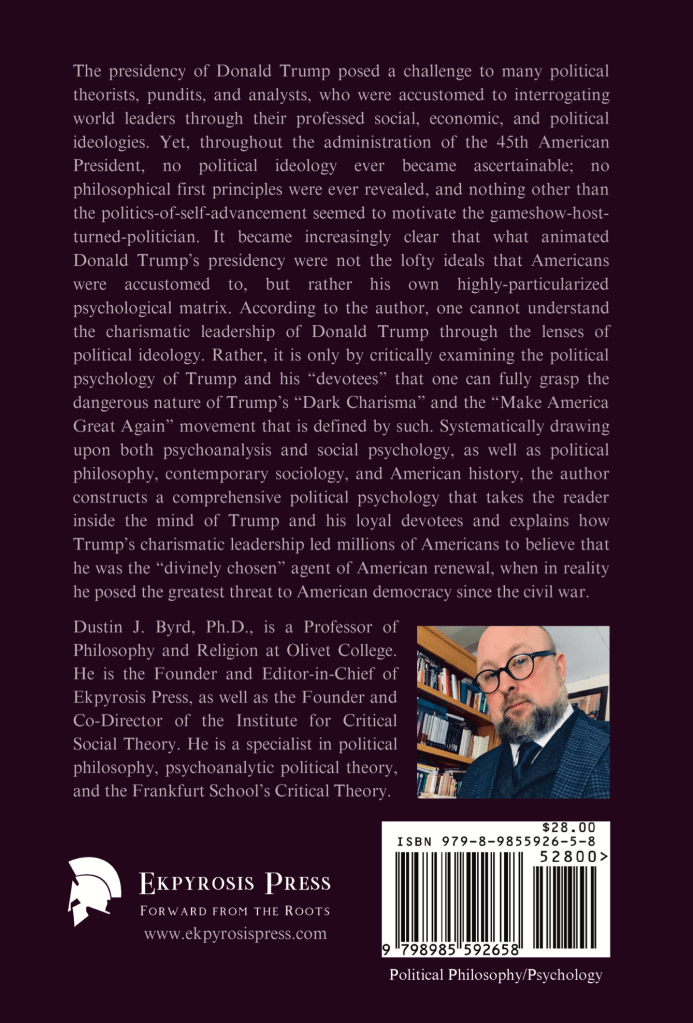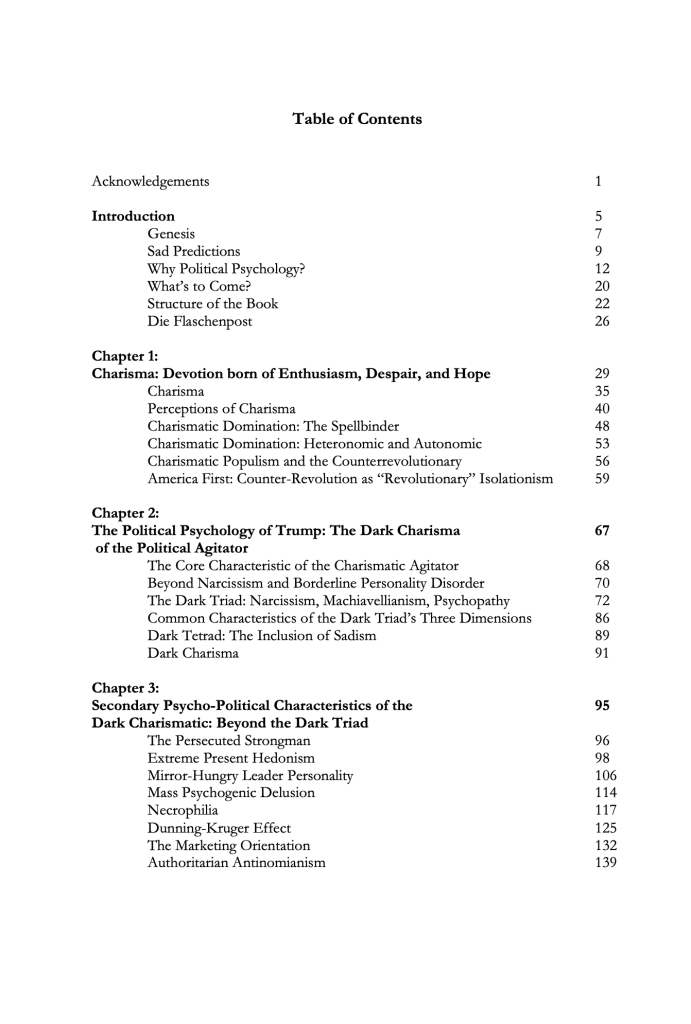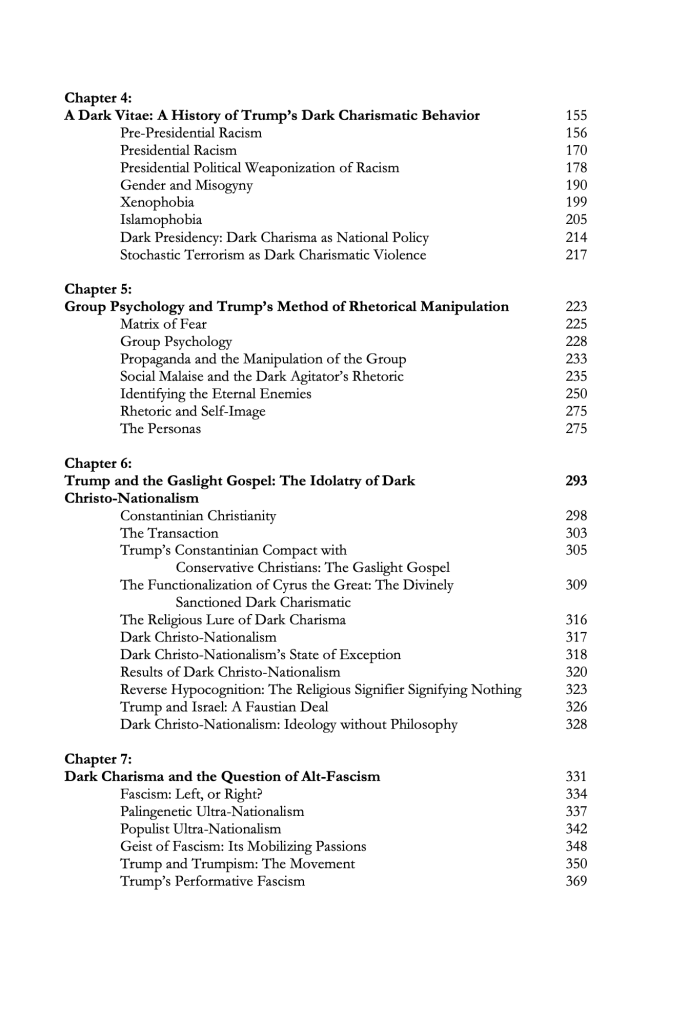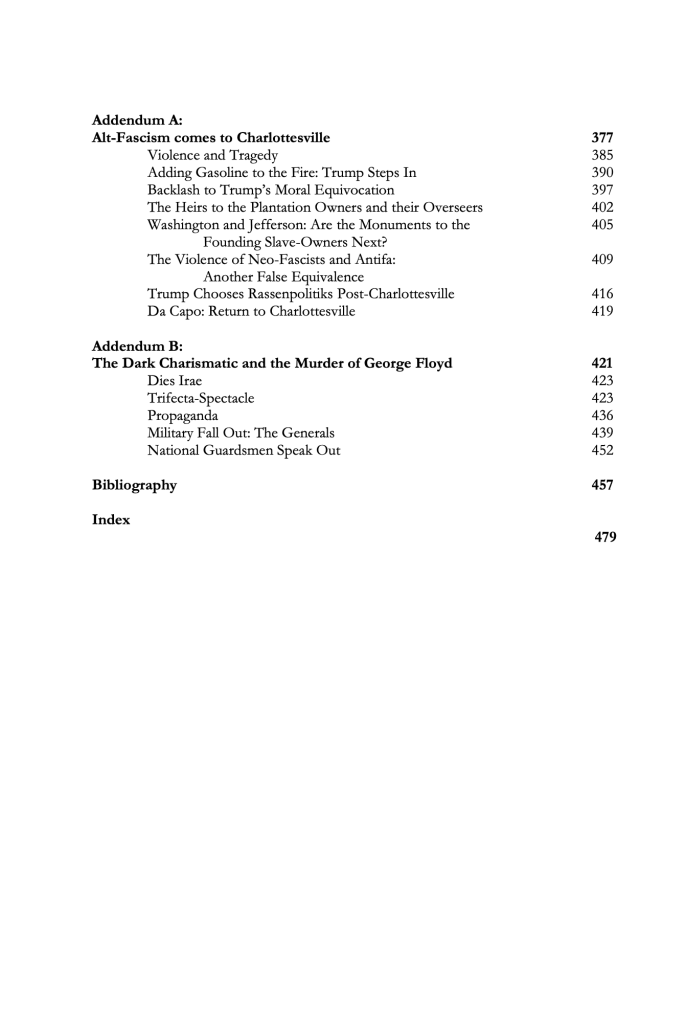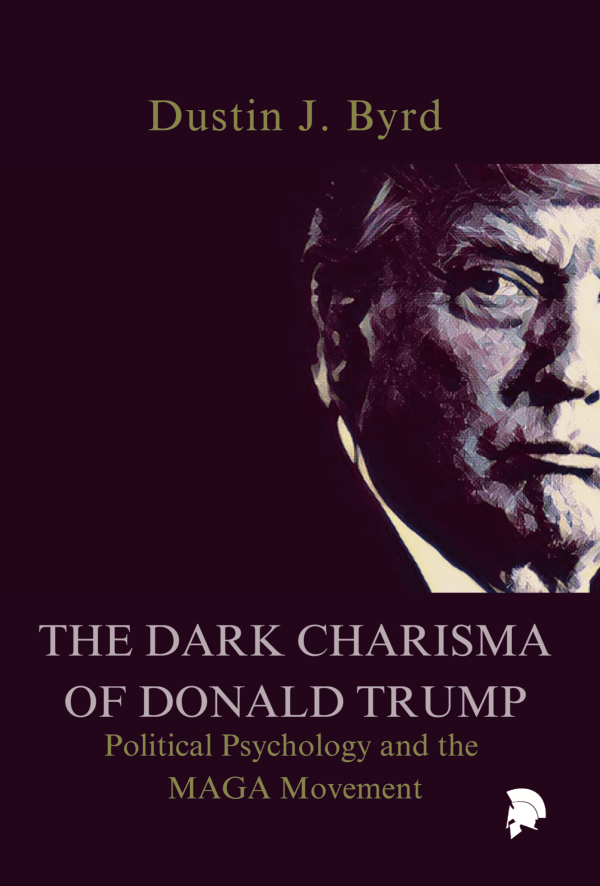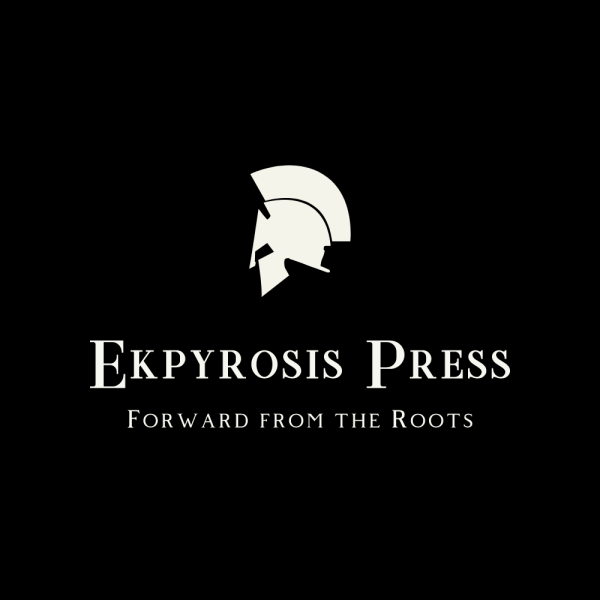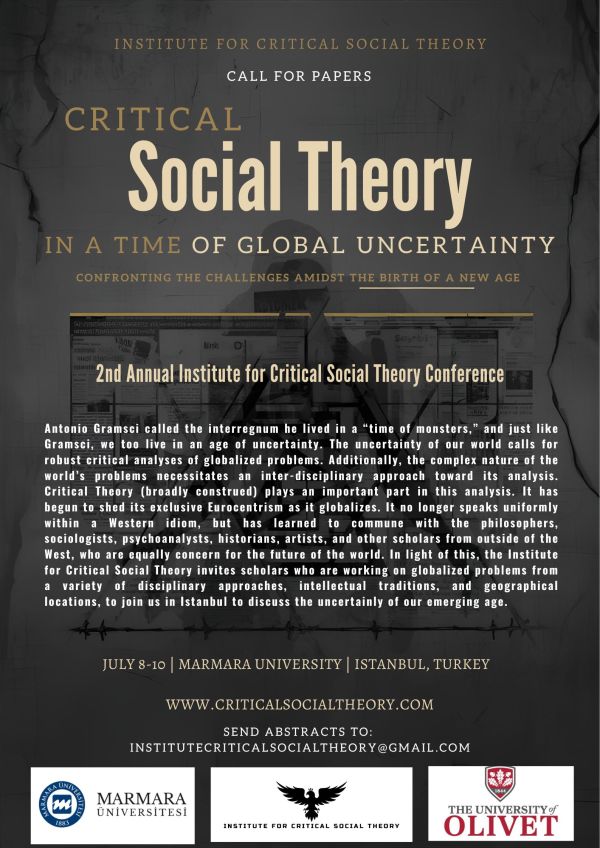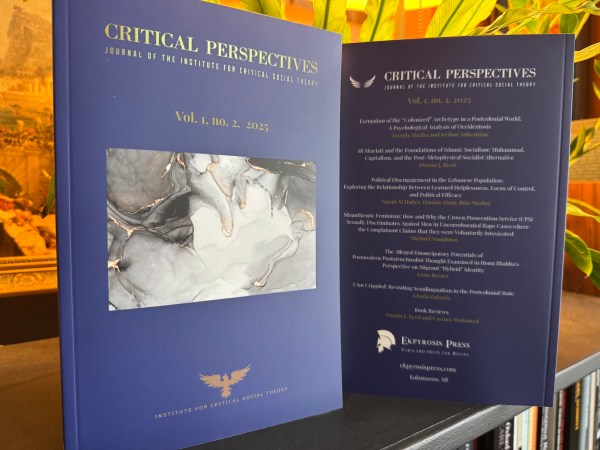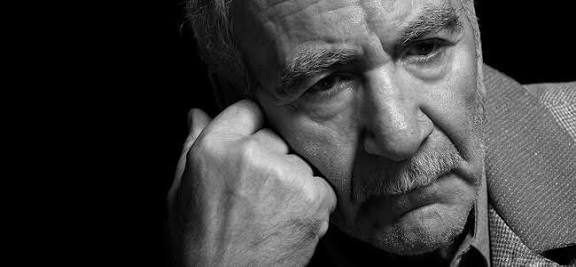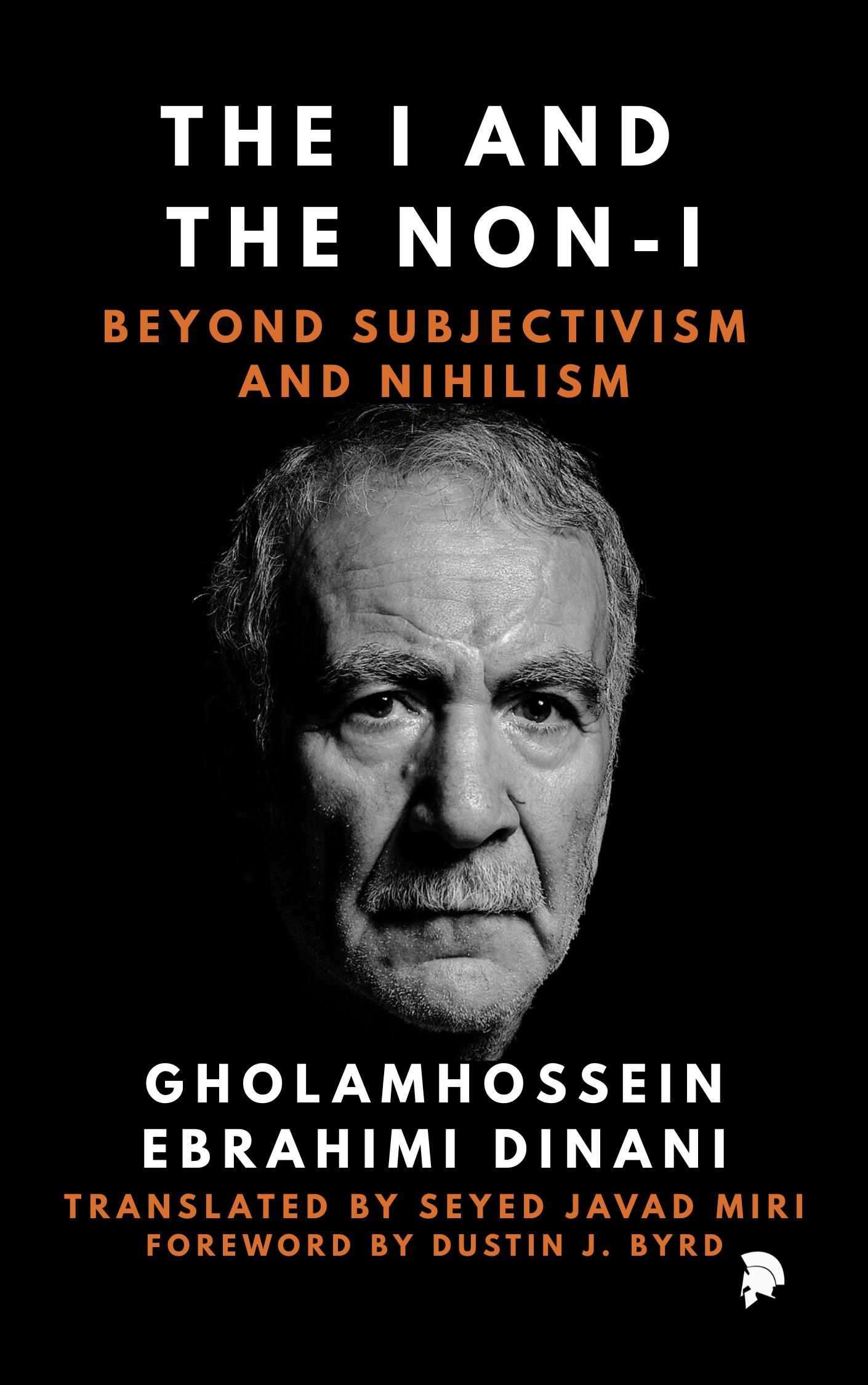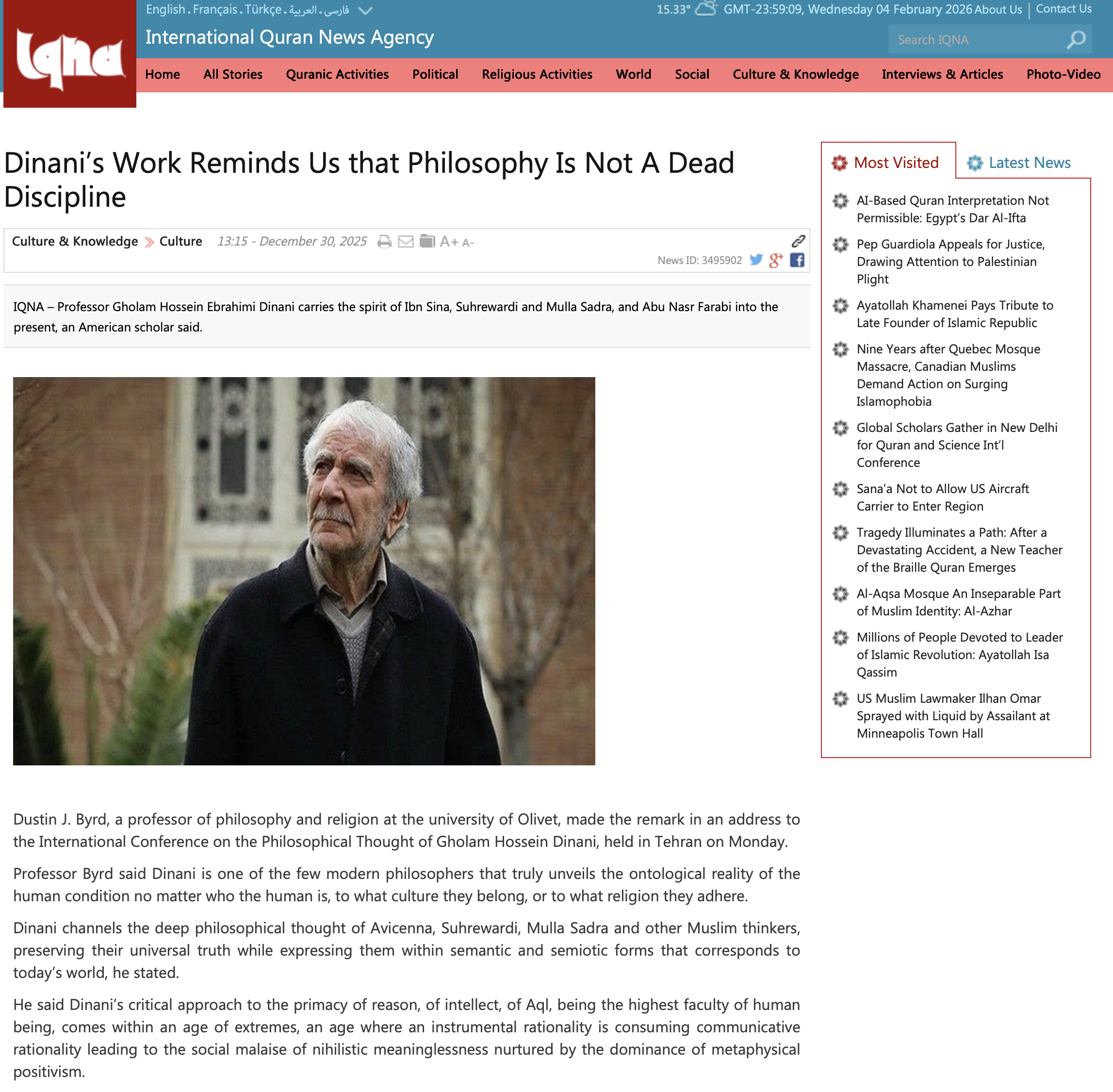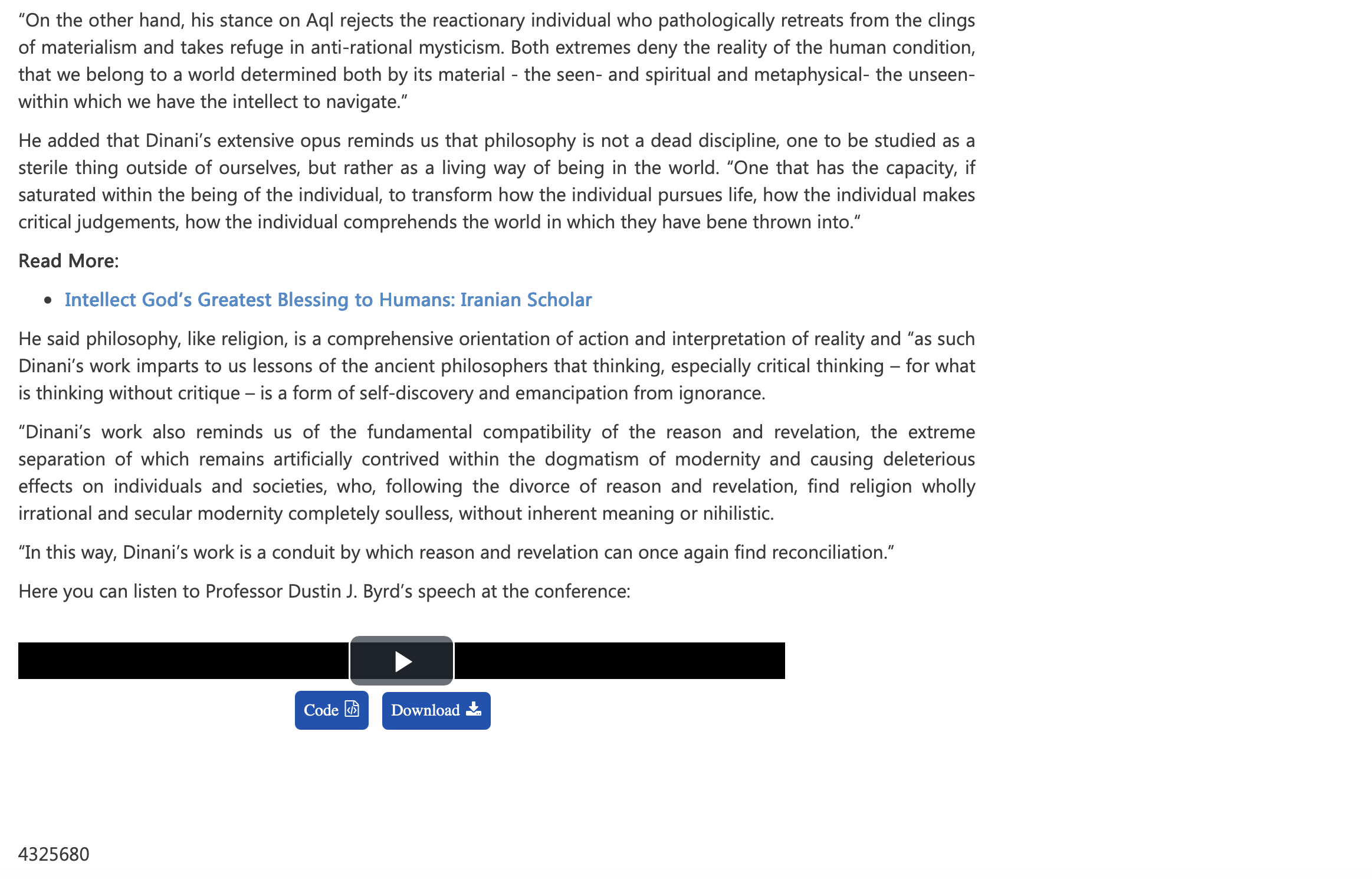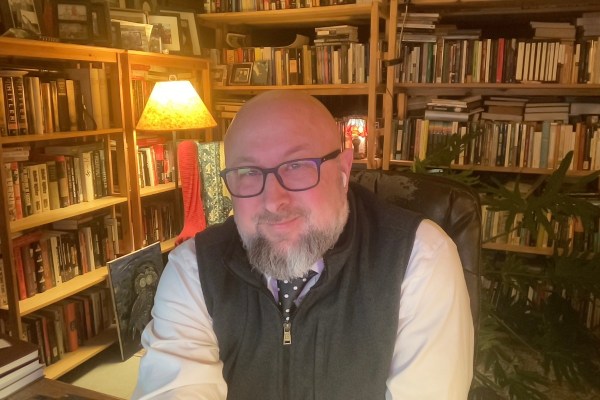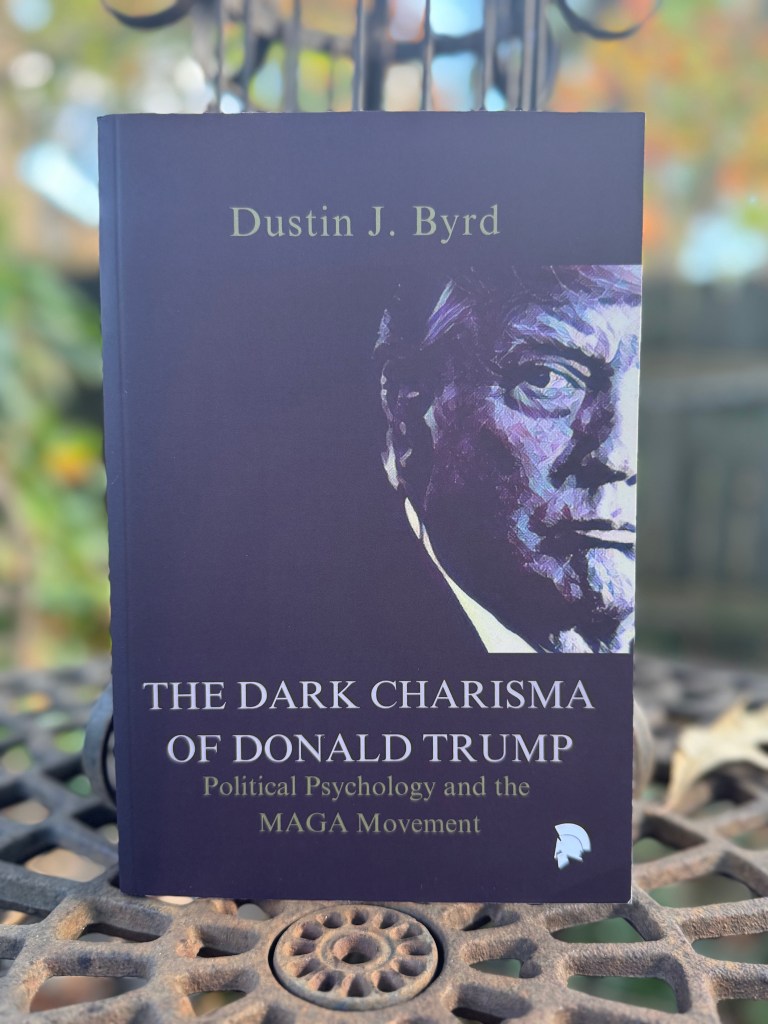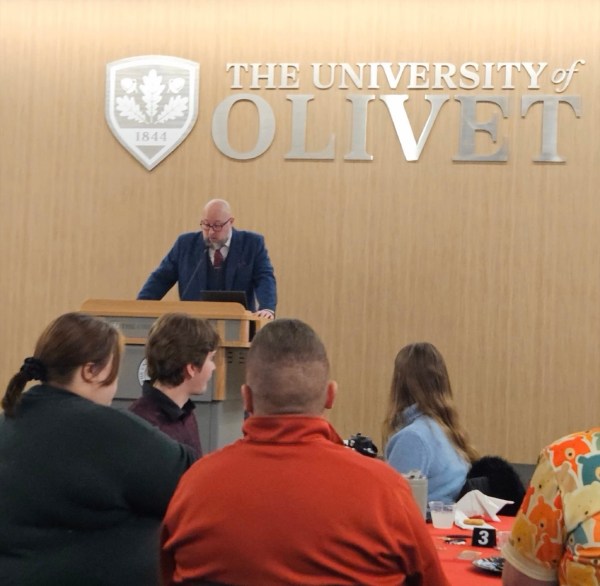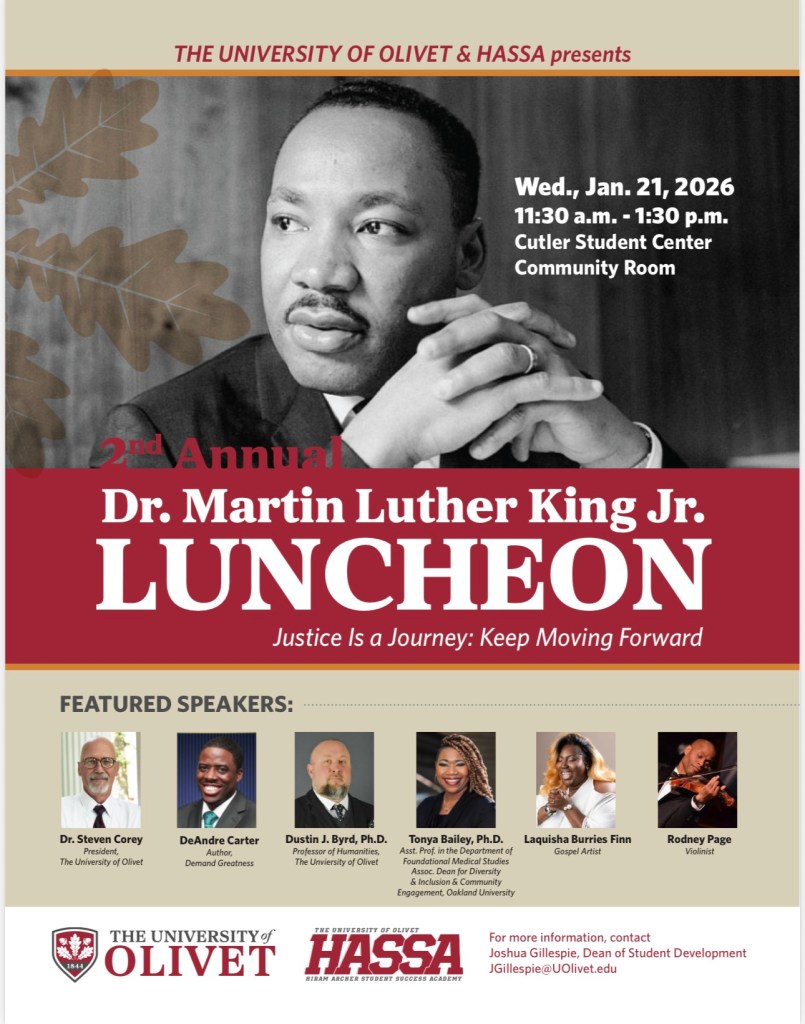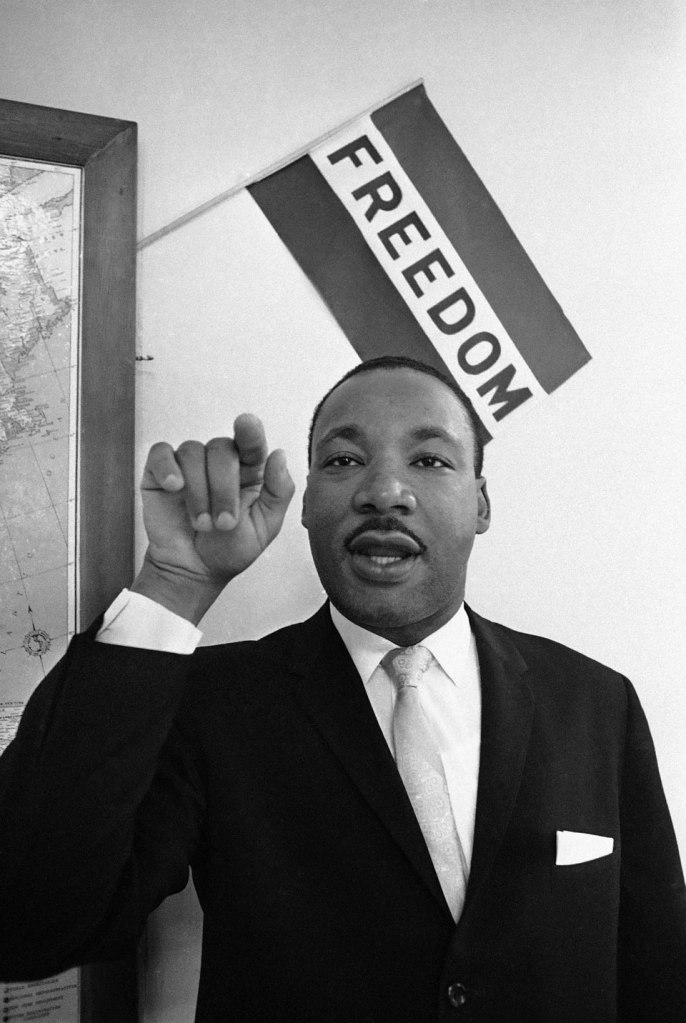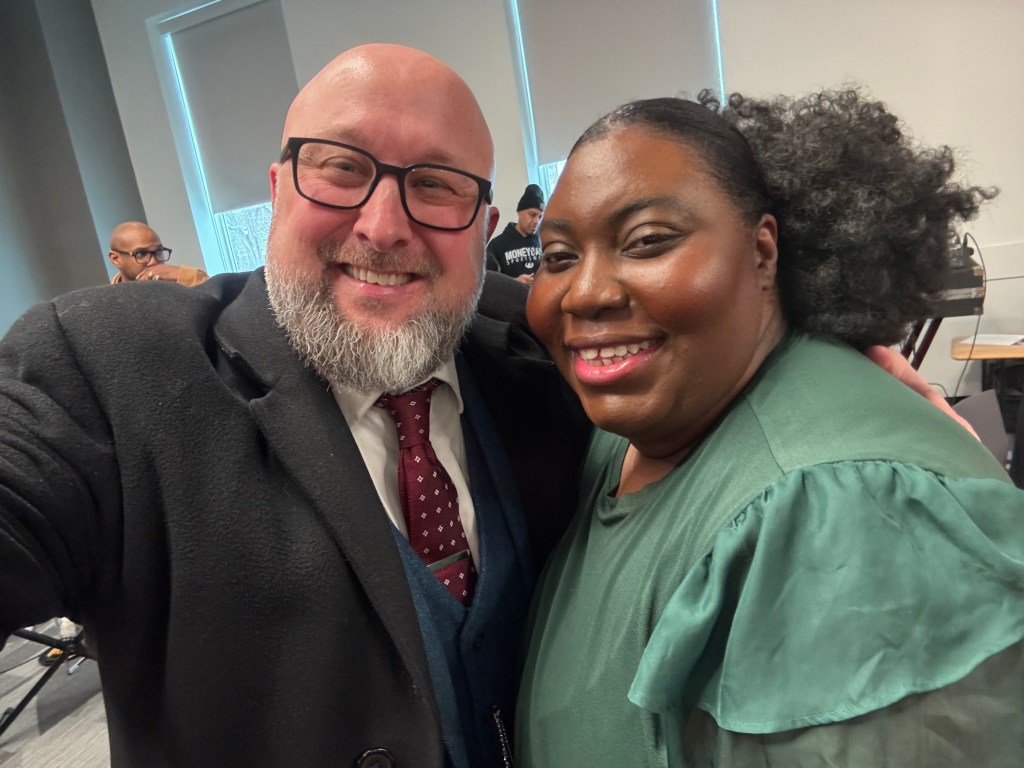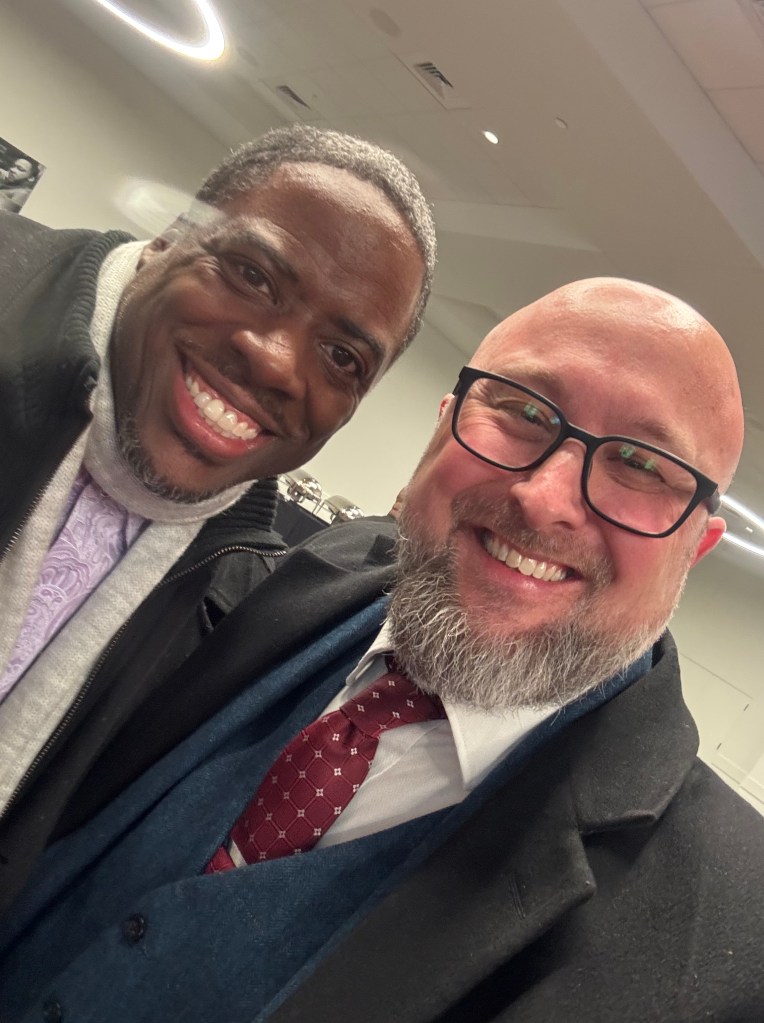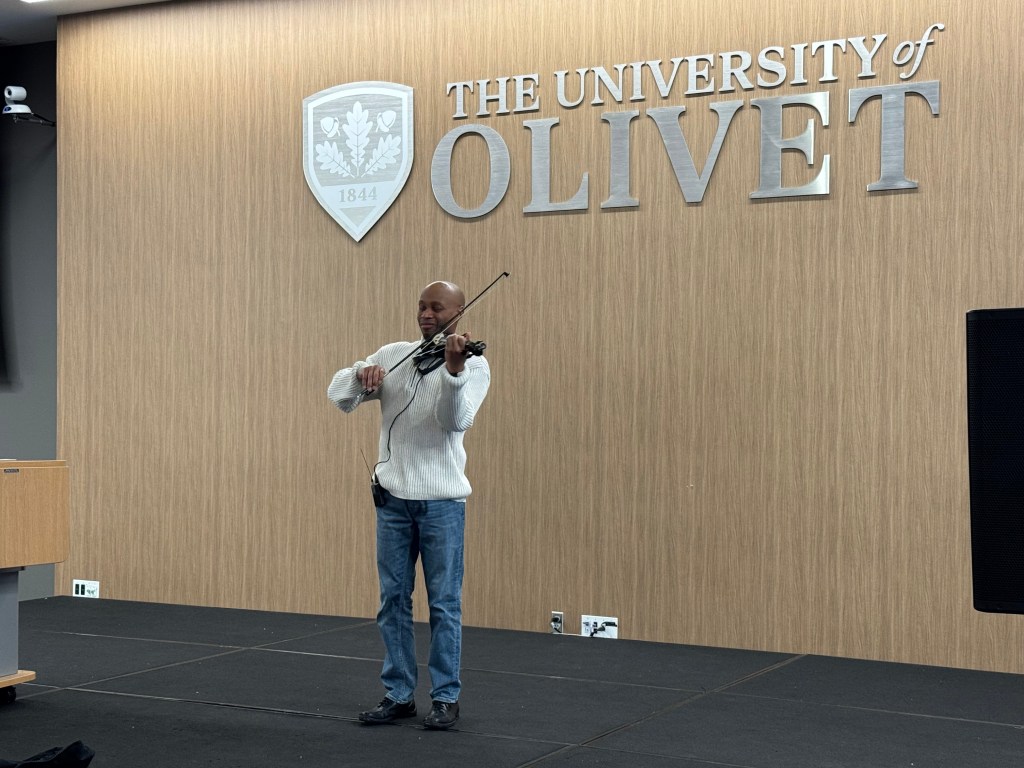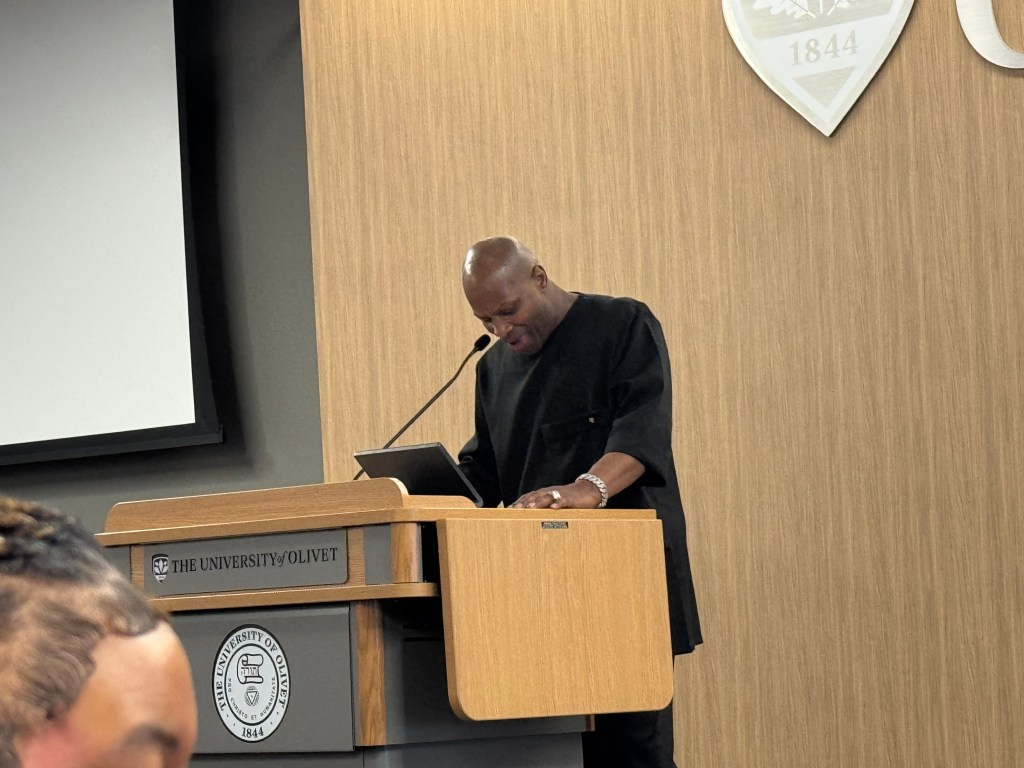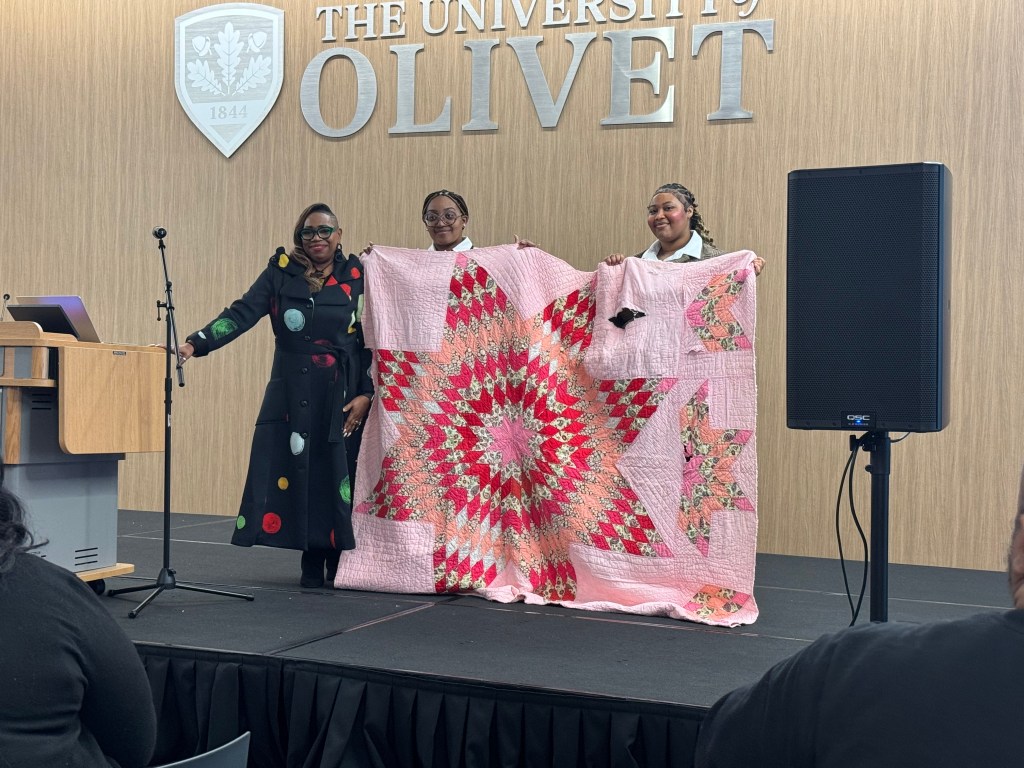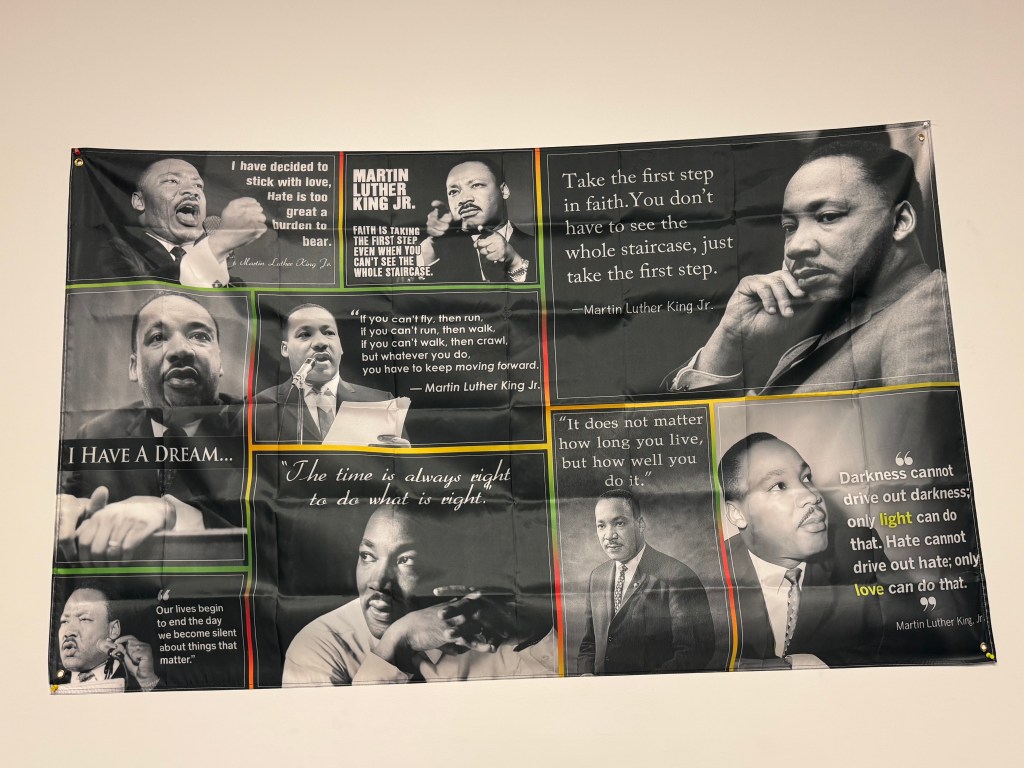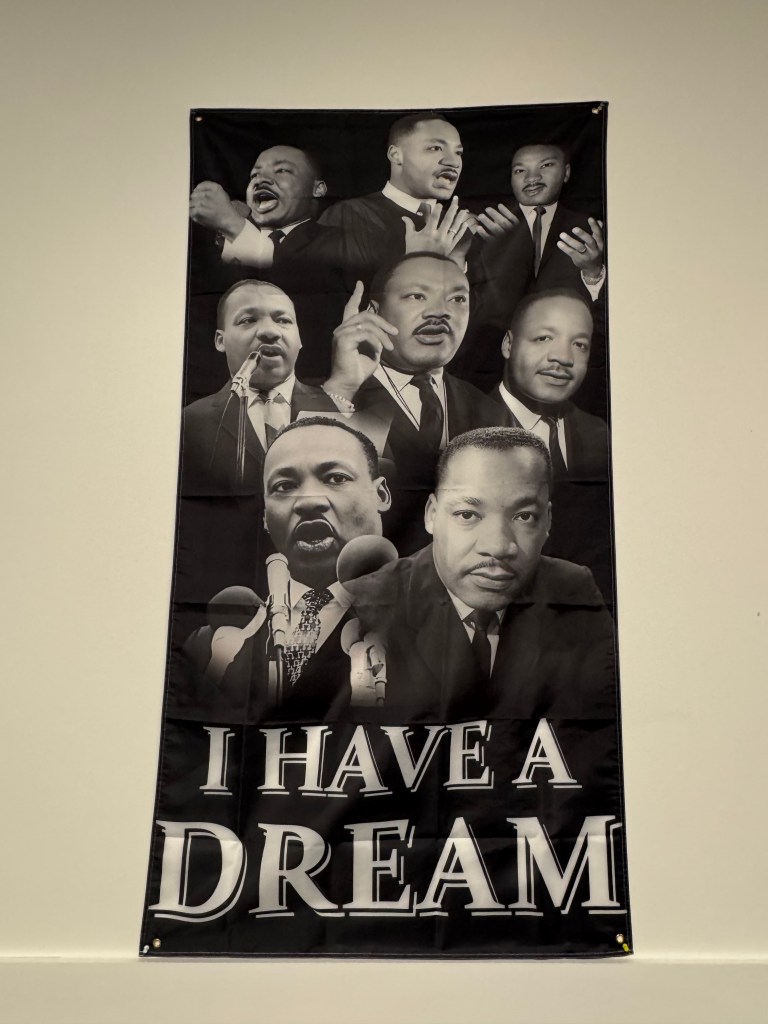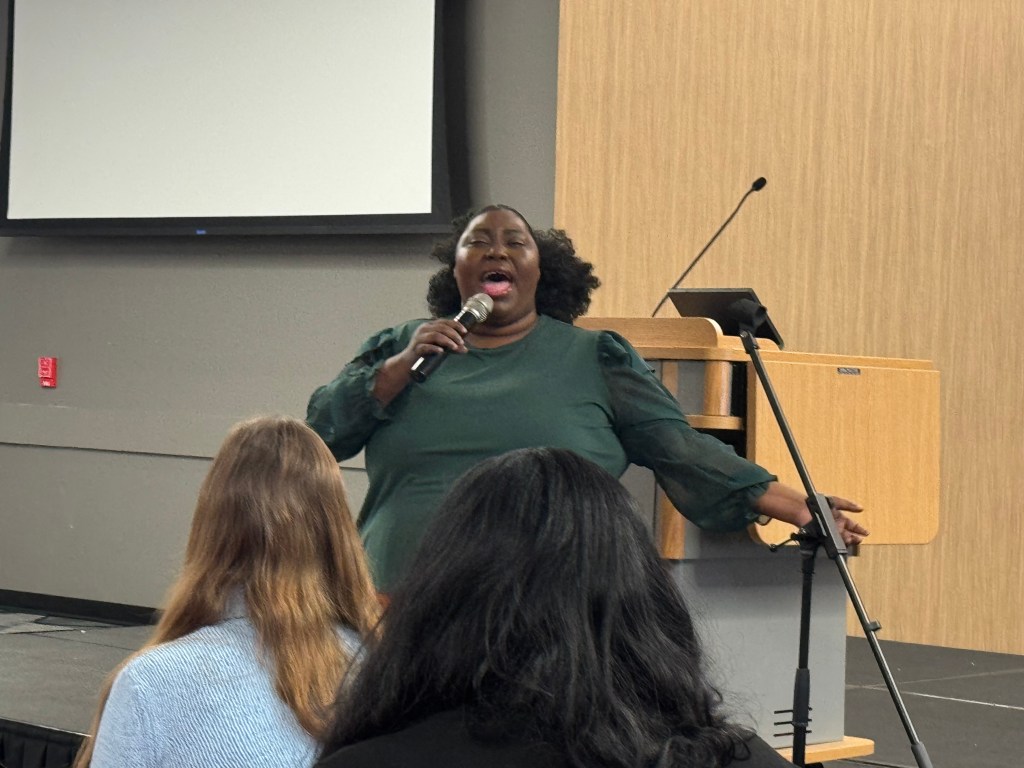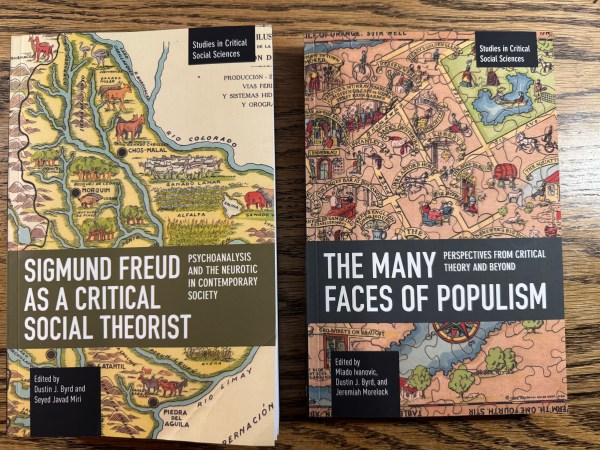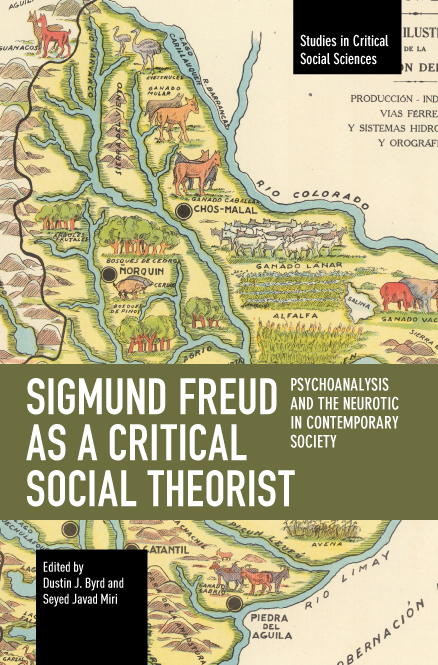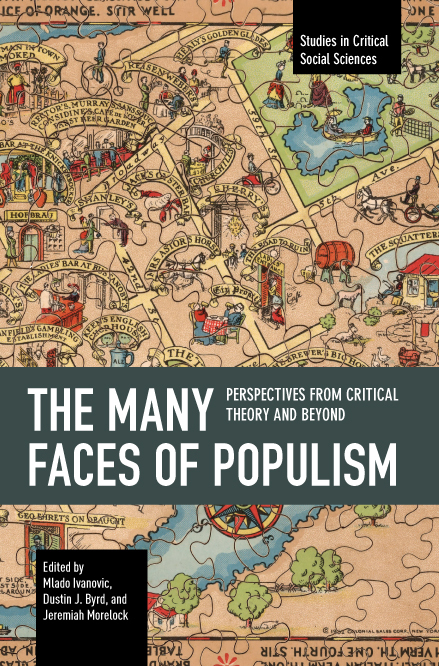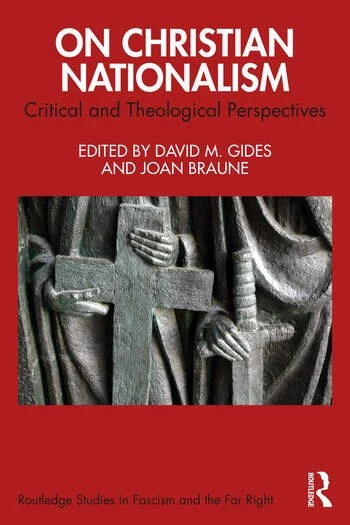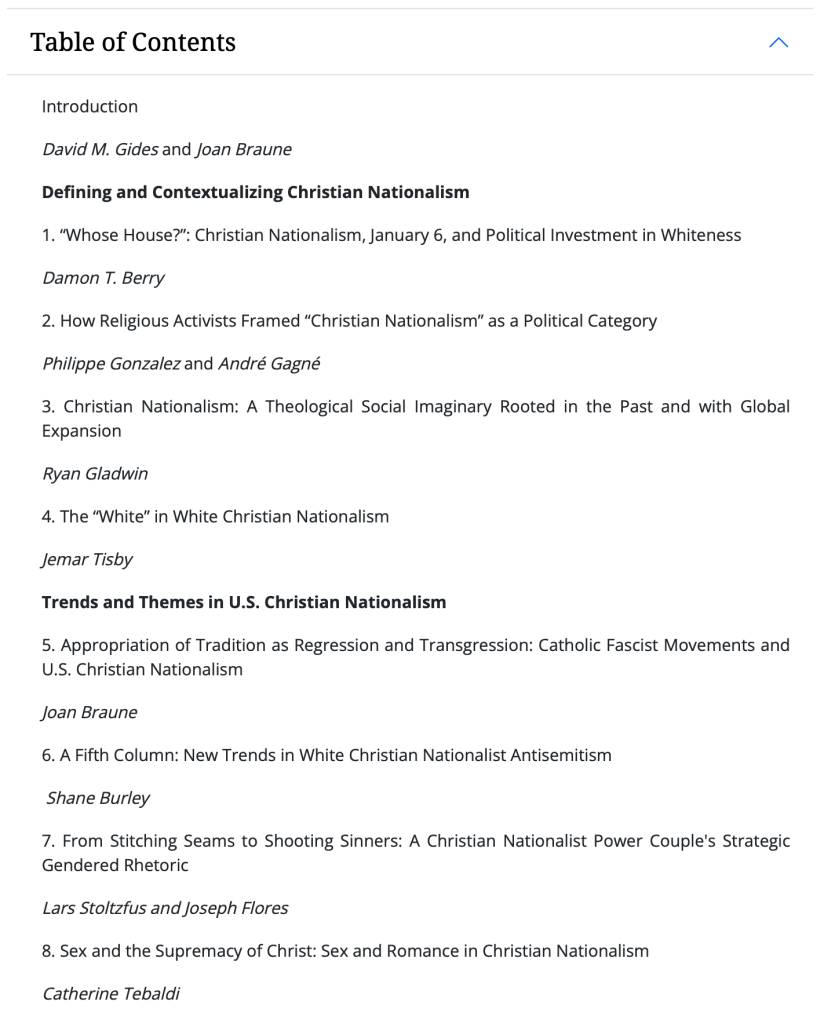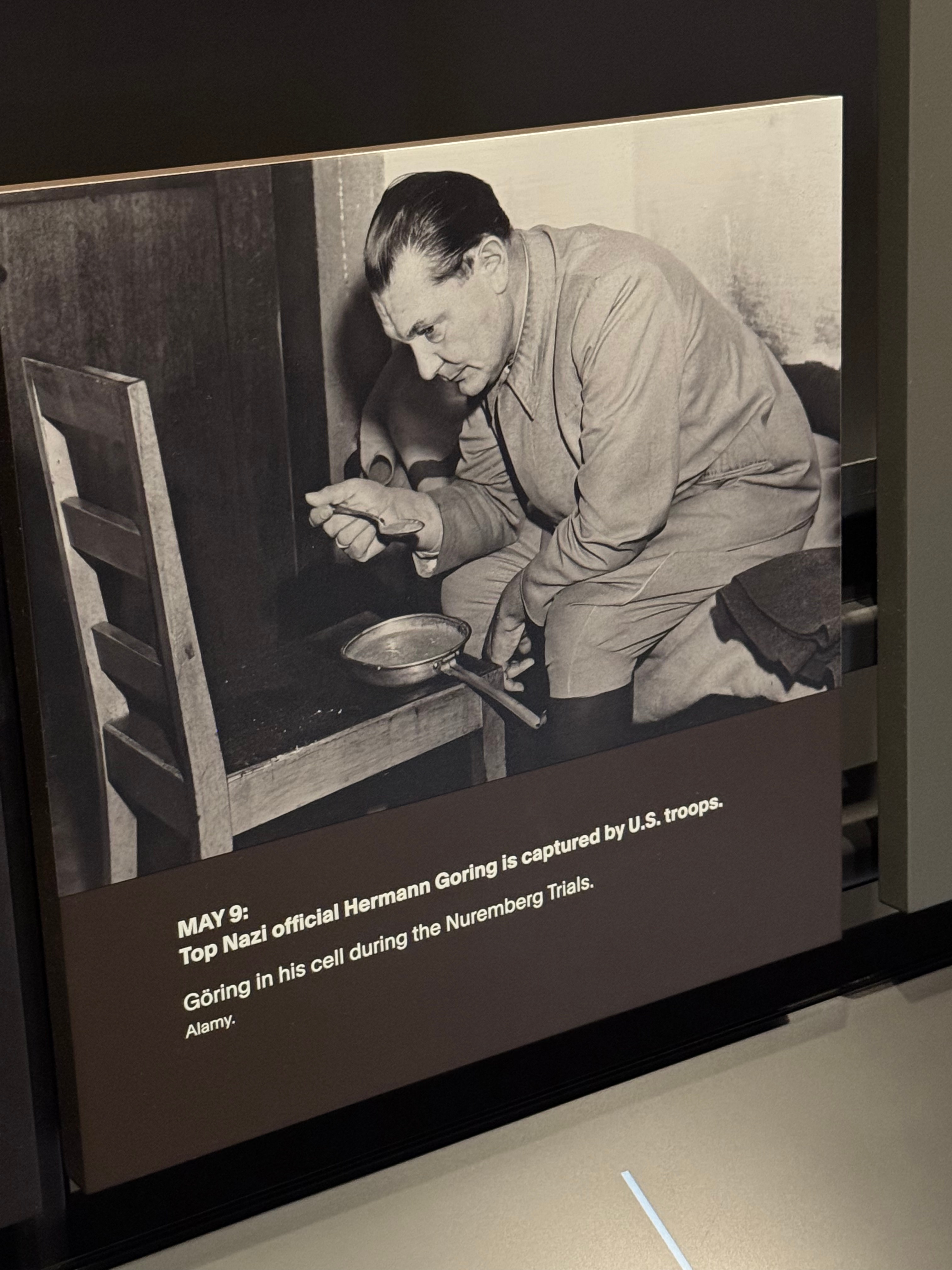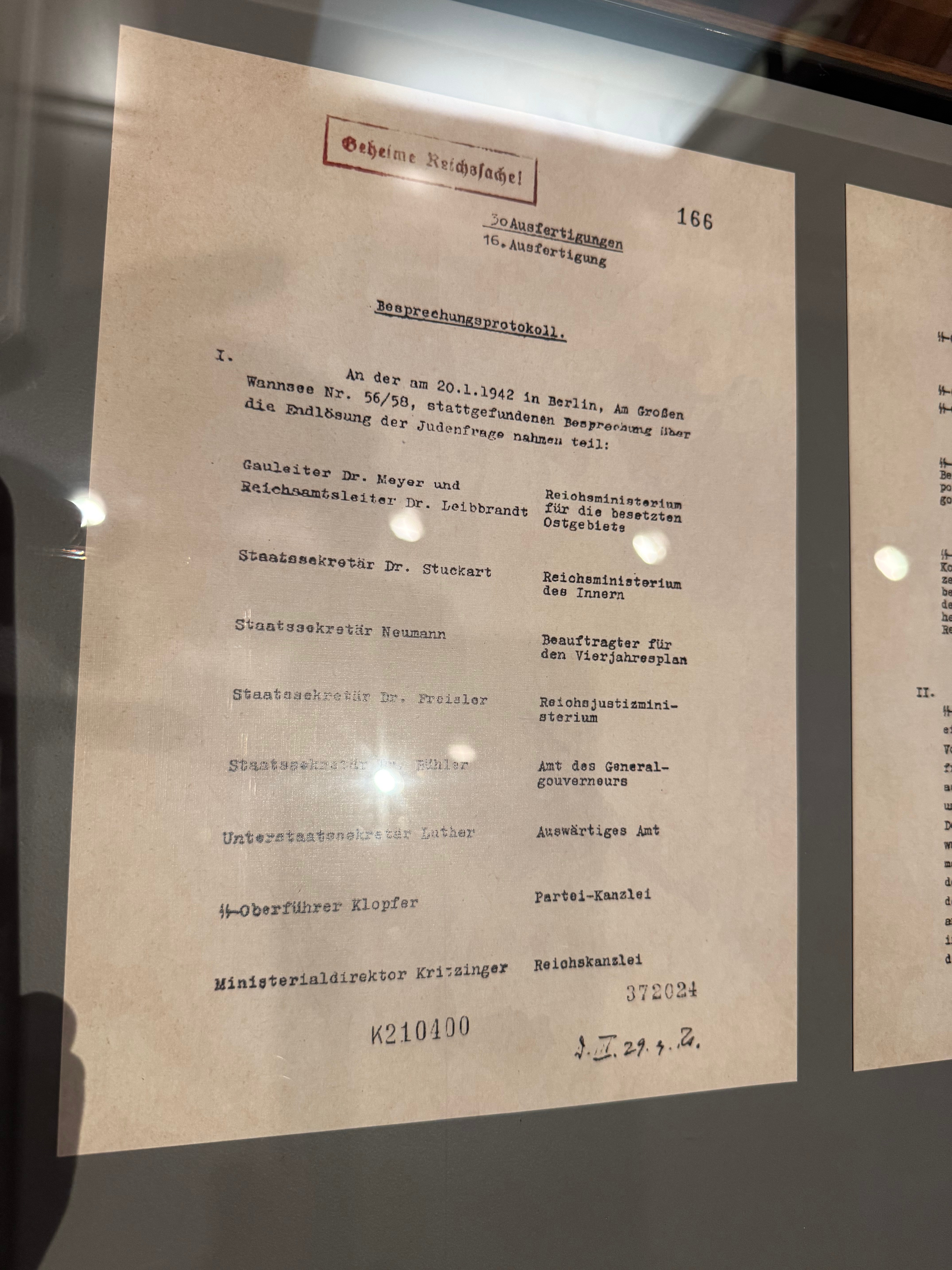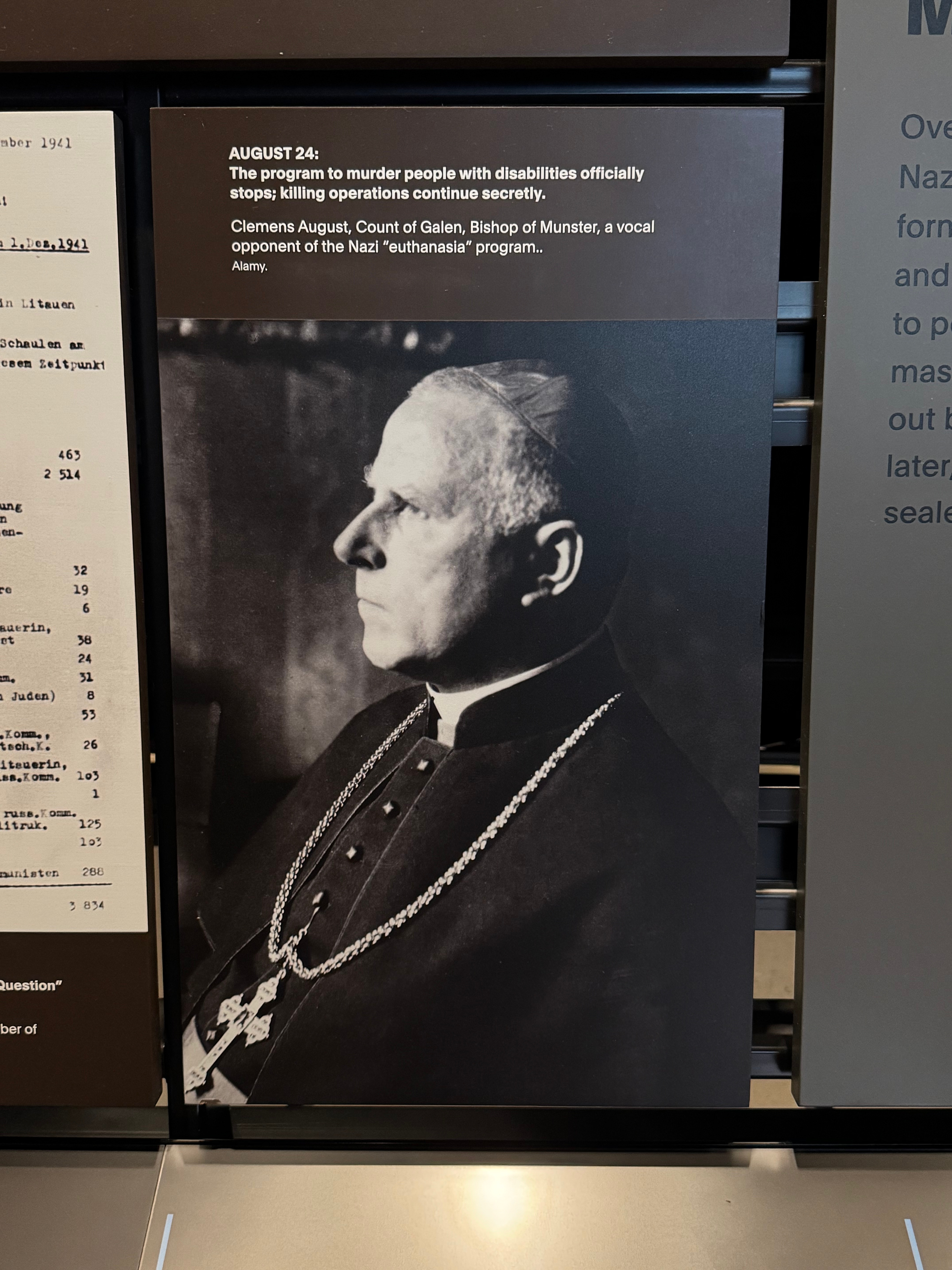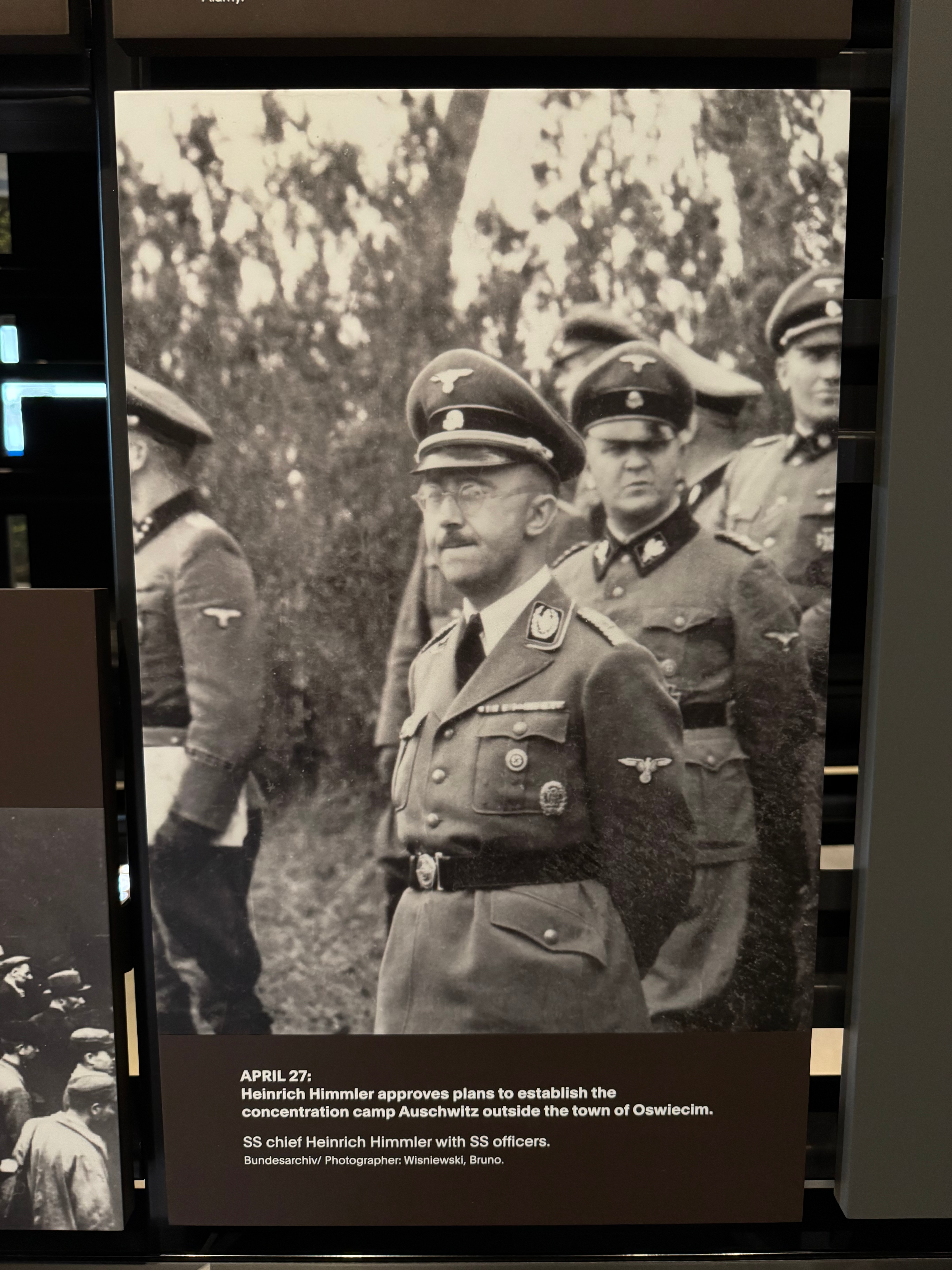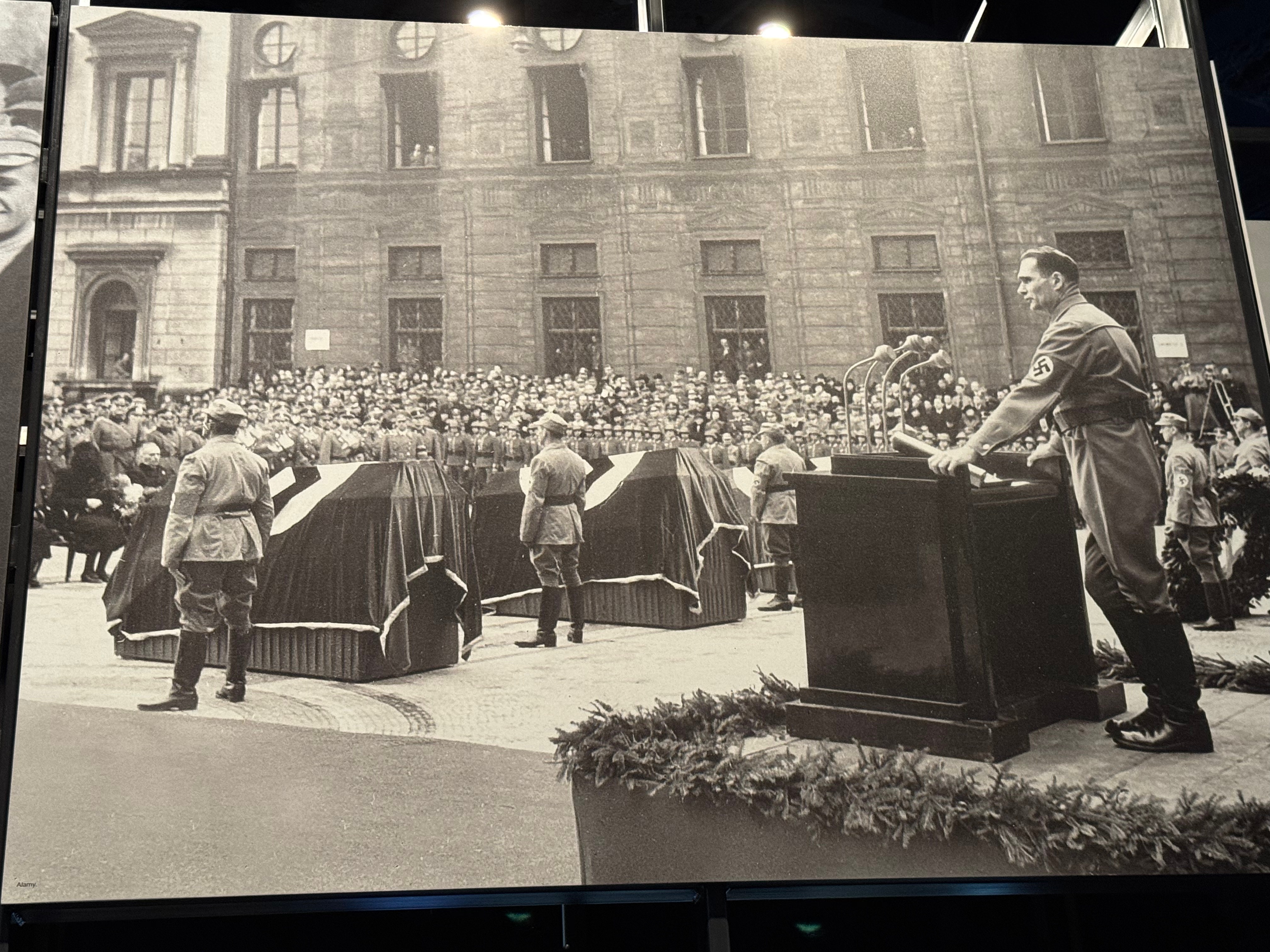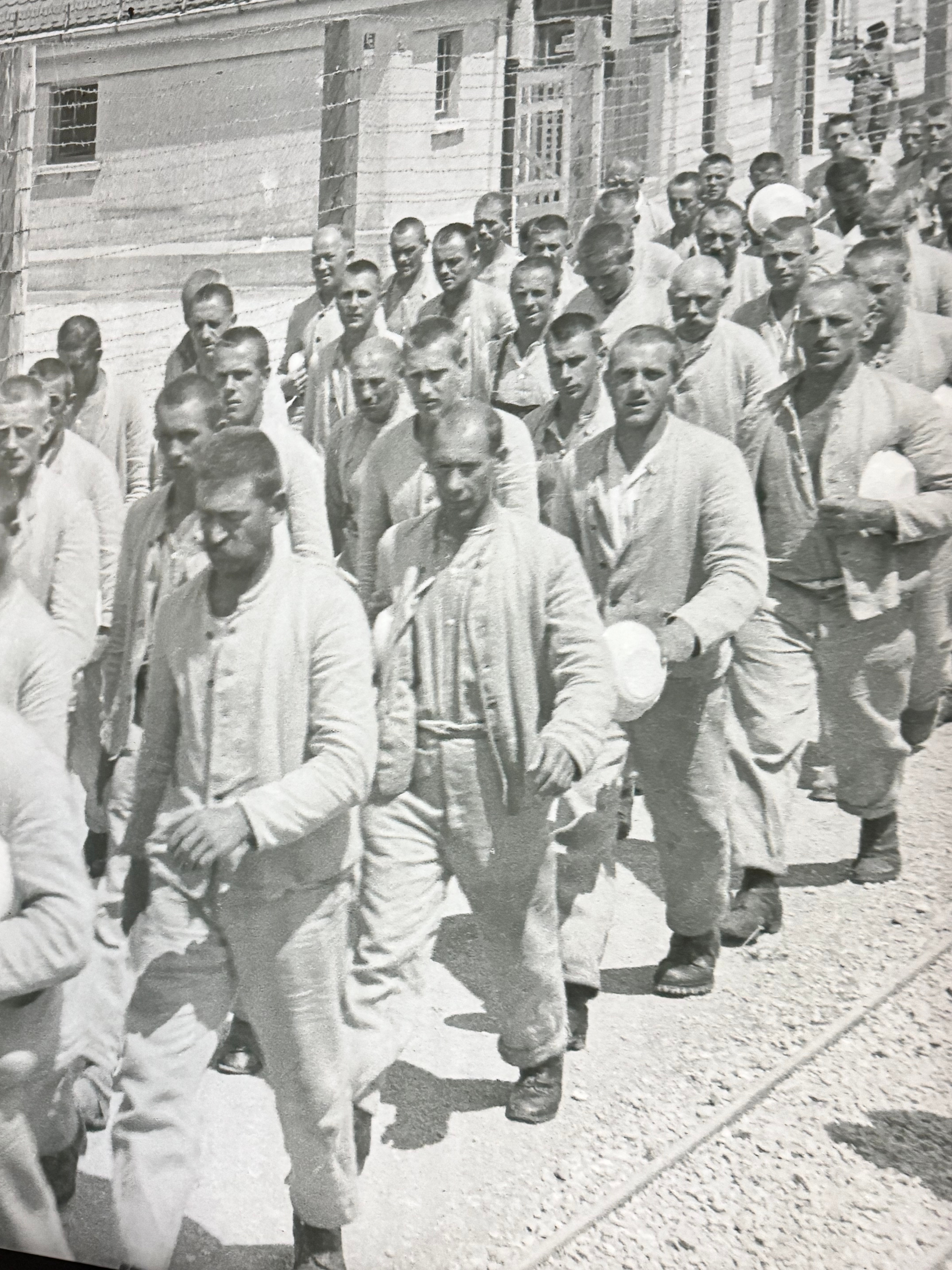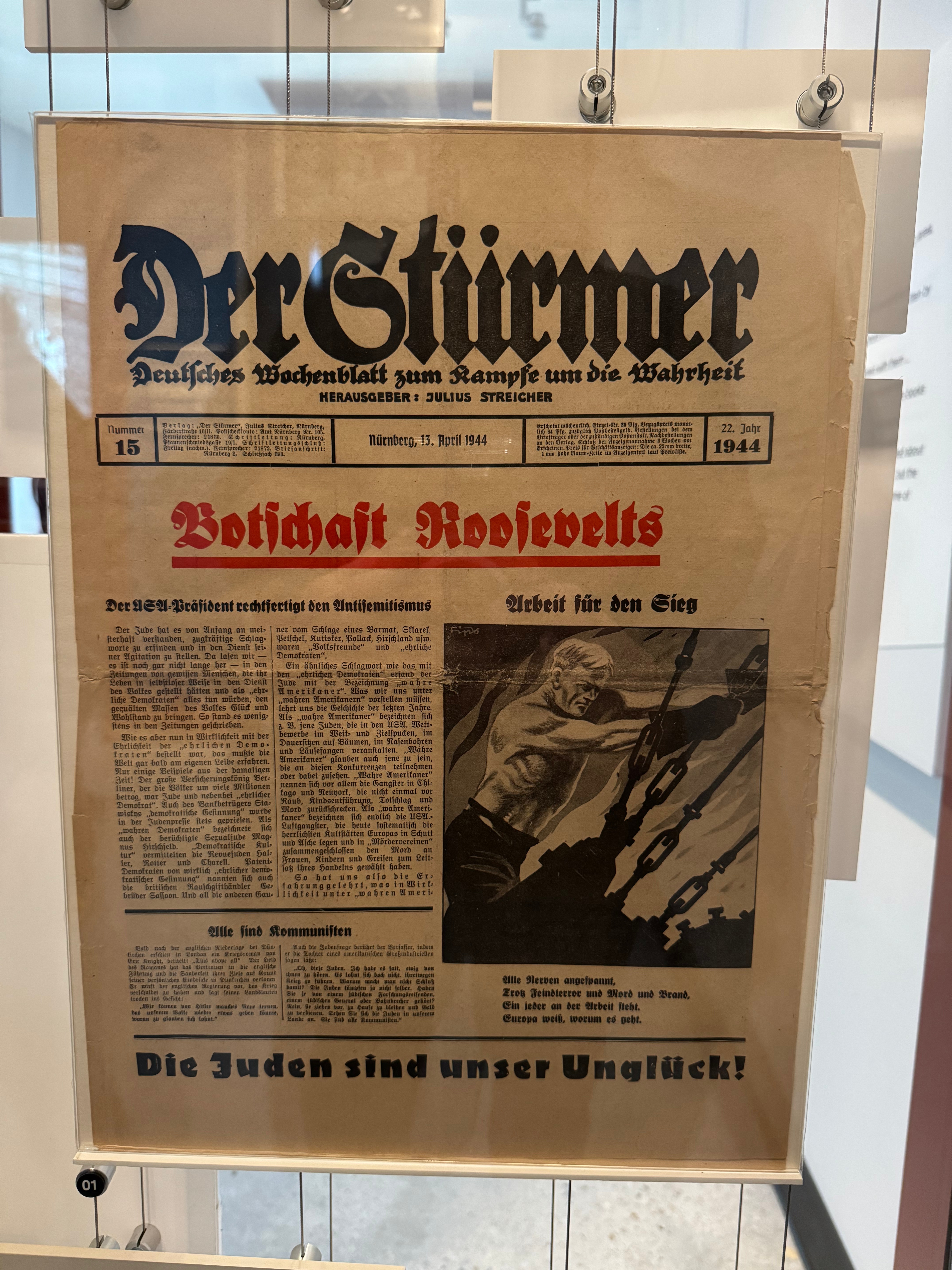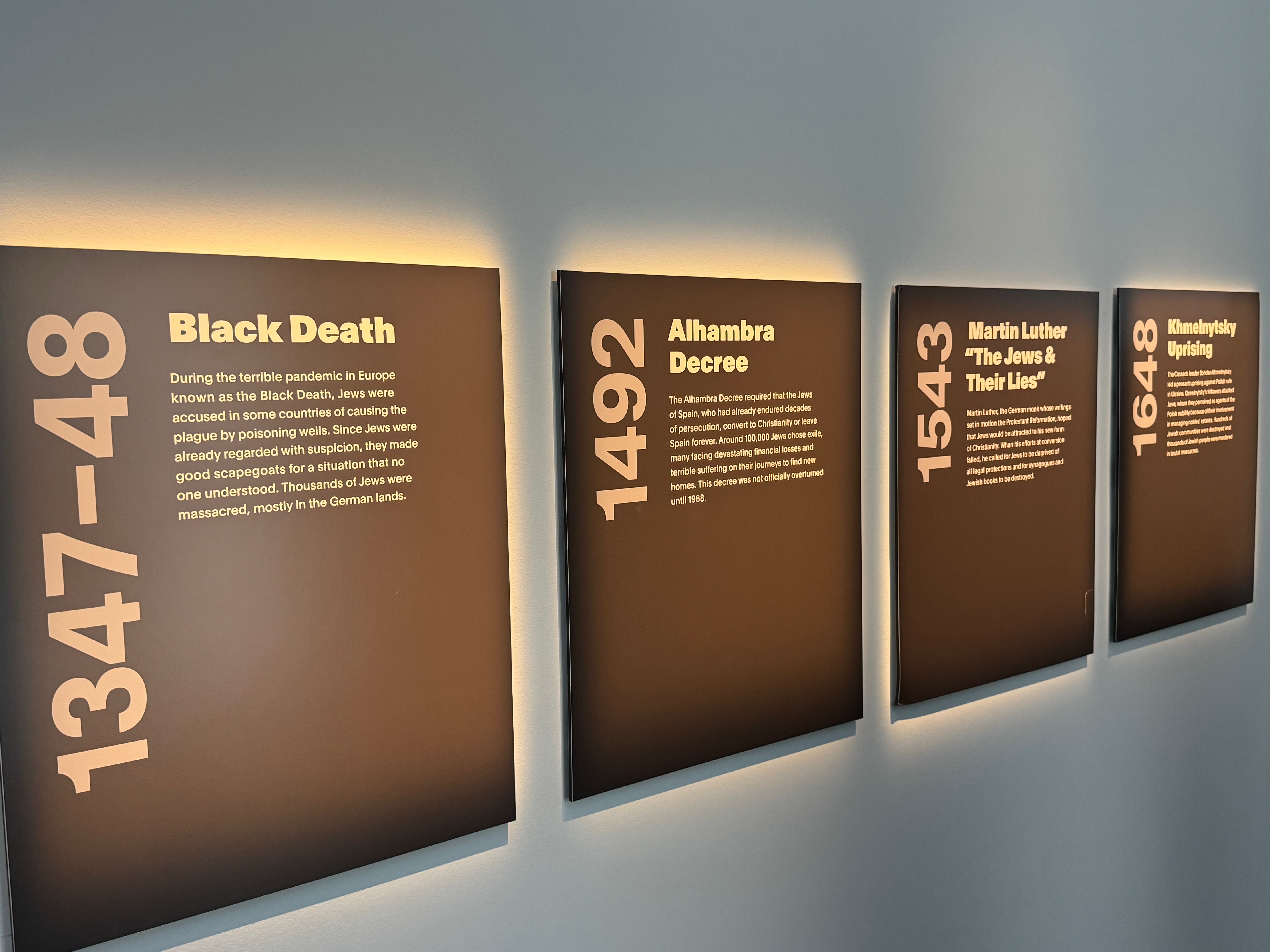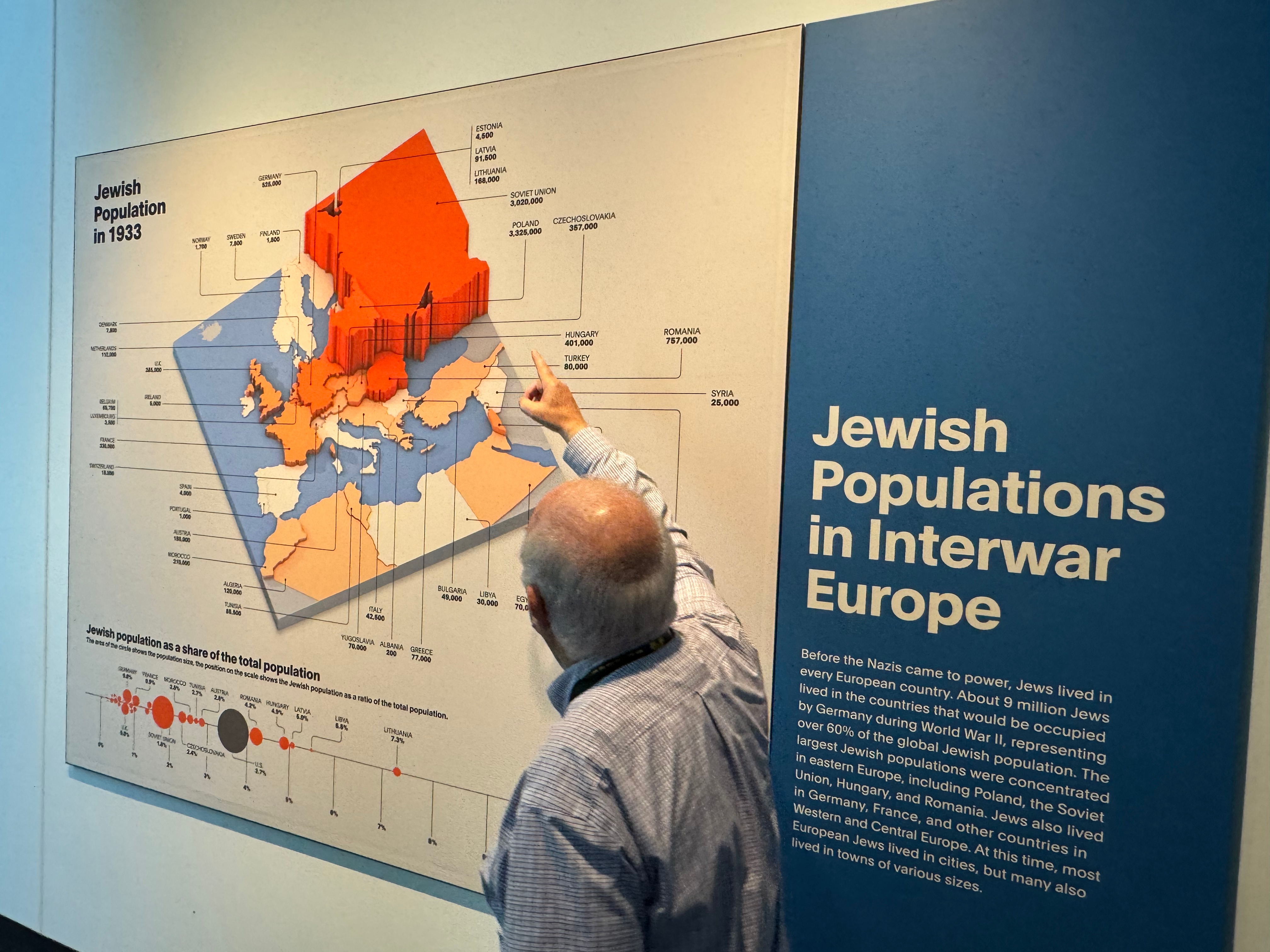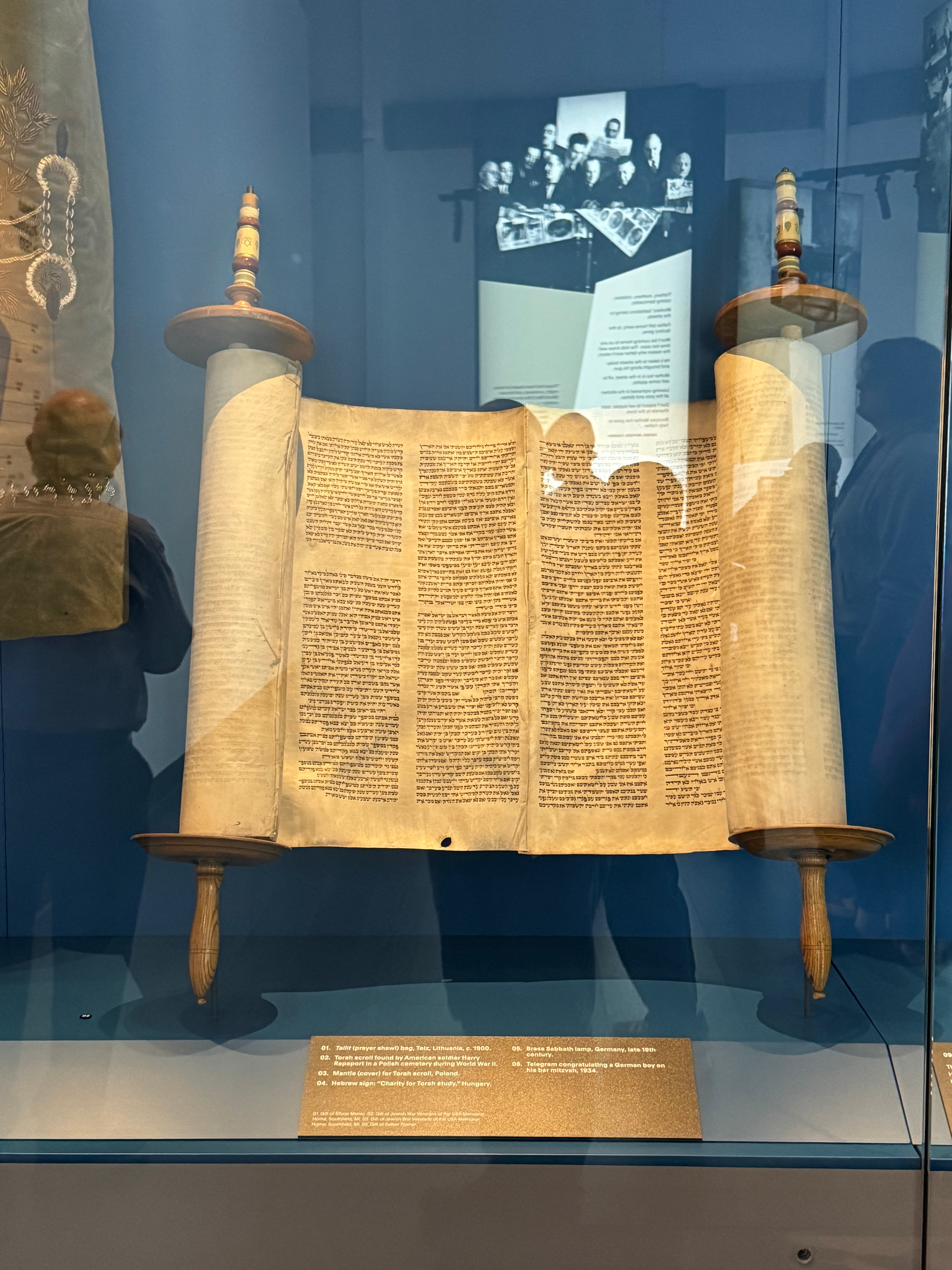My latest monograph, “The Dark Charisma of Donald Trump: Political Psychology and the MAGA Movement,” has now been released in paperback and hardcover.
BOOK DESCRIPTION: The presidency of Donald Trump posed a challenge to many political theorists, pundits, and analysts, who were accustomed to interrogating world leaders through their professed social, economic, and political ideologies. Yet, throughout the administration of the 45th American President, no political ideology ever became ascertainable; no philosophical first principles were ever revealed, and nothing other than the politics-of-self-advancement seemed to motivate the gameshow-host-turned-politician. It became increasingly clear that what animated Donald Trump’s presidency were not the lofty ideals that Americans were accustomed to, but rather his own highly-particularized psychological matrix. According to the author, one cannot understand the charismatic leadership of Donald Trump through the lenses of political ideology. Rather, it is only by critically examining the political psychology of Trump and his “devotees” that one can fully grasp the dangerous nature of Trump’s “Dark Charisma” and the “Make America Great Again” movement that is defined by such. Systematically drawing upon both psychoanalysis and social psychology, as well as political philosophy, contemporary sociology, and American history, the author constructs a comprehensive political psychology that takes the reader inside the mind of Trump and his loyal devotees and explains how Trump’s charismatic leadership led millions of Americans to believe that he was the “divinely chosen” agent of American renewal, when in reality he posed the greatest threat to American democracy since the civil war.
490 Pages.
There are a few ways to purchase the book:
Ekpyrosis Press (US):
Paperback ($28): The Dark Charisma of Donald Trump
Hardcover ($45): The Dark Charisma of Donald Trump
Amazon (US & Canada):
Paperback ($28): The Dark Charisma of Donald Trump
Hardcover ($45): The Dark Charisma of Donald Trump
Lulu (US, Canada, International):
Paperback ($28): The Dark Charisma of Donald Trump
Hardcover ($45): The Dark Charisma of Donald Trump
